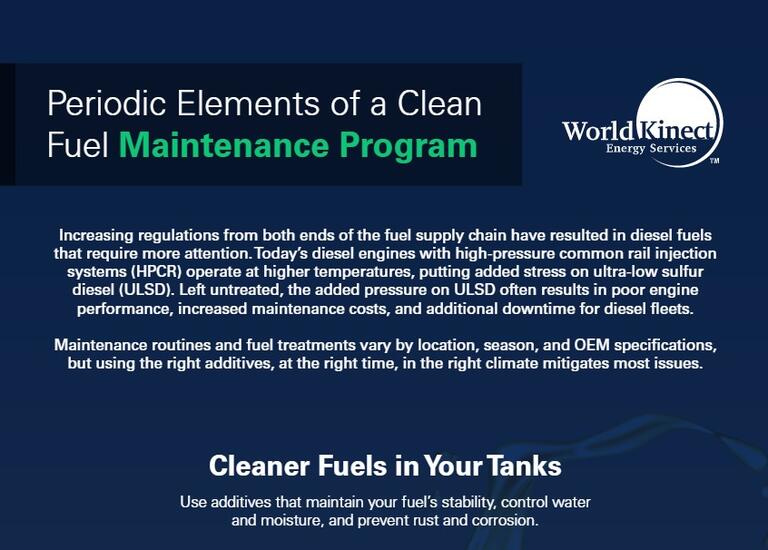What causes the wax crystals in fuel?
During cold periods, it is possible for diesel engines to experience starting problems. There can even be issues with engines that are already running. These problems may happen when wax crystals form in the fuel and condensation occurs, this can cause blockages that prevent oil from reaching the engine.
All diesel fuel contains paraffins. The paraffin content gives diesel the high cetane number that makes for efficient combustion.
Normally, the paraffins are dissolved in the fuel. However, when diesel is cooled, these paraffin molecules start to form crystals and solidify. If the temperature is low enough, more and larger crystals can form, which then create a mat on the fuel filter and block it. In severe cases, even the narrow bore pipe work – particularly at bends and unions – may become totally blocked. When this happens, the engine will no longer receive the fuel it needs.
You can tell if paraffins have crystallized in your fuel by their appearance. It might look milky, or there could be a reddish deposit on the bottom of your tank or on the surface of the fuel filter. When the temperature stays low for several days or a spell of extreme weather hits, fuel can experience this crystallization problem.


